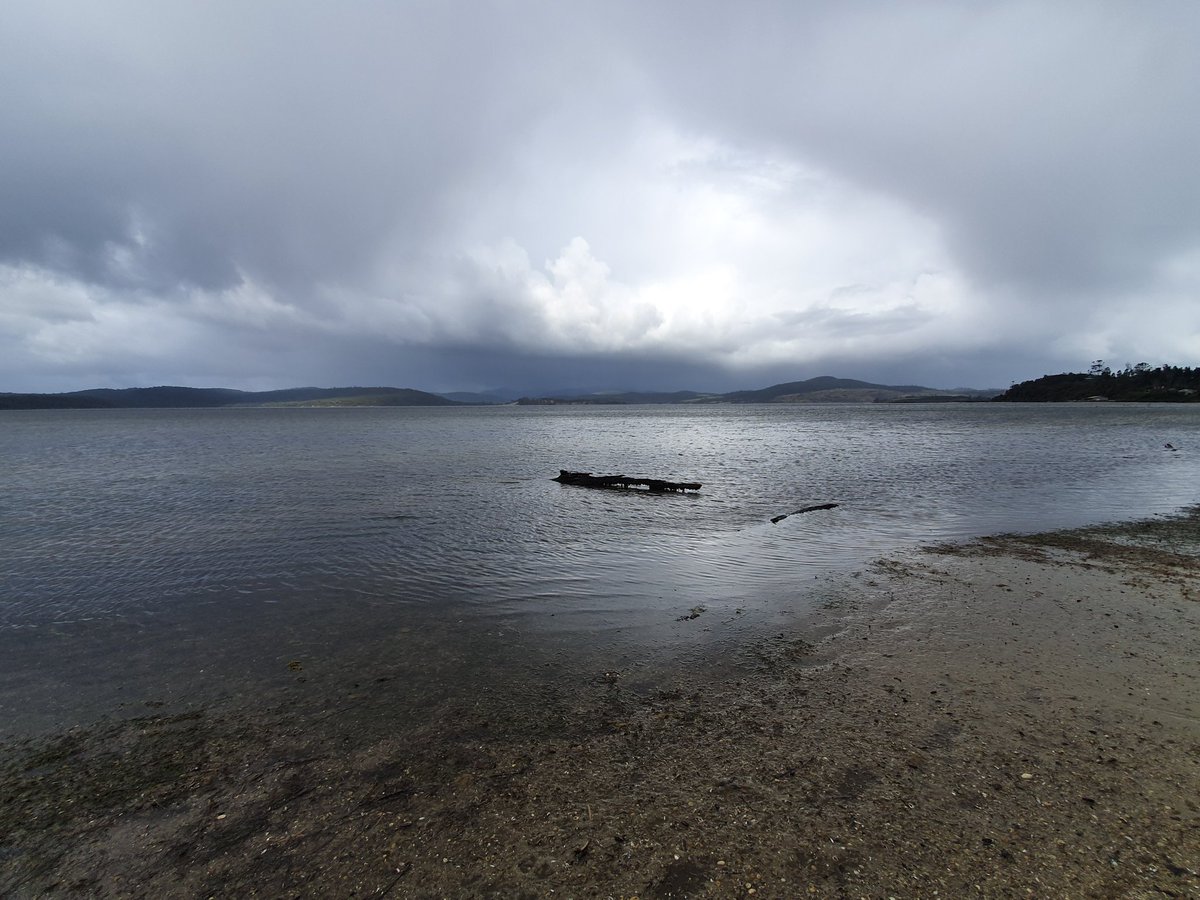
This is prompting me to wonder how radical Henry Ford's famous 1914 doubling of wages for his car plant workers really was.
It certainly sounds dramatic: A doubling in the minimum wage! But I wonder.
It certainly sounds dramatic: A doubling in the minimum wage! But I wonder.
https://twitter.com/conorsen/status/1385010960411279360
Here's the union wage rates for metal workers in Detroit in 1914: fraser.stlouisfed.org/files/docs/pub… 

The second column is the weekly rate in dollars. Ford's $5-a-day five-day week is pretty much in line with most of these jobs. And of course Ford's plants didn't allow unions, so he would be expected to pay over the union minimum to prevent organizing.
Obviously $5/day was a minimum wage for the entire company that someone sweeping the shop floor would earn as well. Skilled trades would earn more. But the previous rate of $2.50ish is pretty much in line with the $15.13/week paid to "boiler makers' helpers".
Ford was also instituting a third shift at the factory, so it could run 24/7.
I don't know what his overtime rates were, but union workers (columns 3 and 4) got 1.5x for overtime and 2x for Sunday work.
I don't know what his overtime rates were, but union workers (columns 3 and 4) got 1.5x for overtime and 2x for Sunday work.
The fact that Ford has such a problem with employee turnover before the wage rise suggests to me that in a booming Detroit economy he'd simply not been paying his workers enough:
forbes.com/sites/timworst…
forbes.com/sites/timworst…
I'm not denying that it was a bold (and successful!) move, but there's a common perception that this wage rise was an out-of-the-box move that upended the economics of labour and capital.
I don't think Henry Ford got where he did by doing that sort of thing.
I don't think Henry Ford got where he did by doing that sort of thing.
I don't know a lot about this history in detail, but my guess is that this was an overdue wage rise that didn't end up in him paying much more than the competition, and that Ford spun the whole episode brilliantly.
It also helped him keep the unions out of Detroit for two decades. Blood was spilt before the auto industry was unionized: en.wikipedia.org/wiki/Ford_Hung…
Something that tells you how different the U.S. economy was back then is that Ford made a big thing of how they'd only do layoffs in the "harvest time", when plant workers could do farm work while furloughed: timesmachine.nytimes.com/timesmachine/1…
Fun fact, some interesting research on this question was done in the 1980s by a young(ish) economist called @LHSummers: nber.org/papers/w2101
• • •
Missing some Tweet in this thread? You can try to
force a refresh

















